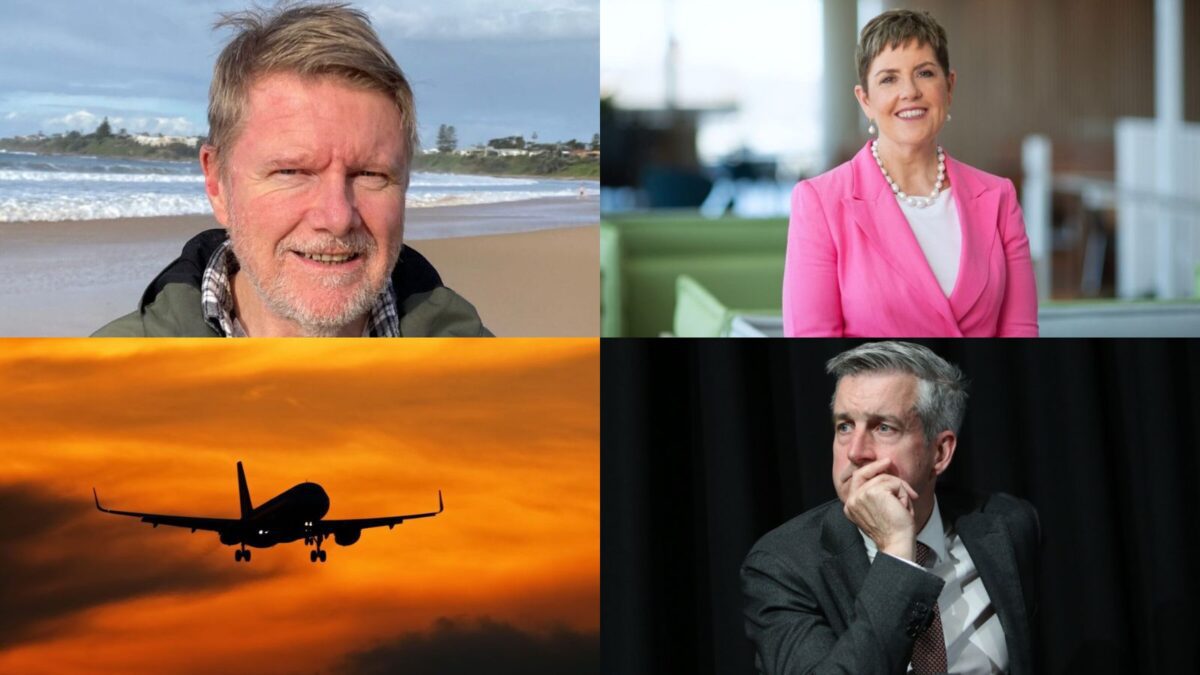Watch this space: State Super builds its investment team
State Super of NSW, the biggest defined benefit fund in Australia, has upped the pace in building a professional investment team. Following the recruitment of Mark O’Brien, formerly the AMP Capital CIO, last month, the fund has now secured two new senior investment executives and has two more to be announced soon.
The $A36 billion closed fund has recruited Peter Laity, CIO of Victorian-based industry fund ESS Super, to the new position of head of equities, in charge of about $18 billion, which is one of the biggest equities mandates in the region. The fund has also recruited Alan Polley, another ex-AMP Capital manager, to the role of manager of multi-asset strategies. Another two senior hires are expected in coming weeks.
John Livanas, the fund’s CEO, who took over in 2011 with a mandate to build the fund’s investment team, was not able to comment on the new hirings at this stage.
As reported in the February 3 edition of ‘IO&C News’, the fund had been run on what could be regarded as a skeleton staff, compared with its peers, for many years, until Livanas took over as CEO. He was previously the CEO of the AMIST meat industry fund and before that the general manager of FuturePlus.
It is understood that the fund will end up with about 10 investment staff, which is still fairly modest given its funds under management.
The chair of State Super and chair of the investment committee, Michael Carapiet, who replaced former fund chair Don Russell, who became secretary of the Department of Industry, Innovation, Science, Research and Tertiary Education in June 2011, said the fund was delighted that O’Brien had joined due to his experience and leadership skills.
Unlike most defined benefit funds in Europe or the US, State Super maintains a growth strategy in its asset allocation and is therefore not as sensitive to interest rate movements as other similarly structured funds. Nevertheless, it is closed to new members and has a lot of pensioners on its books, so it has to fund millions of dollars in outgoings each year, with the bulk of the cashflow coming from investment returns.









